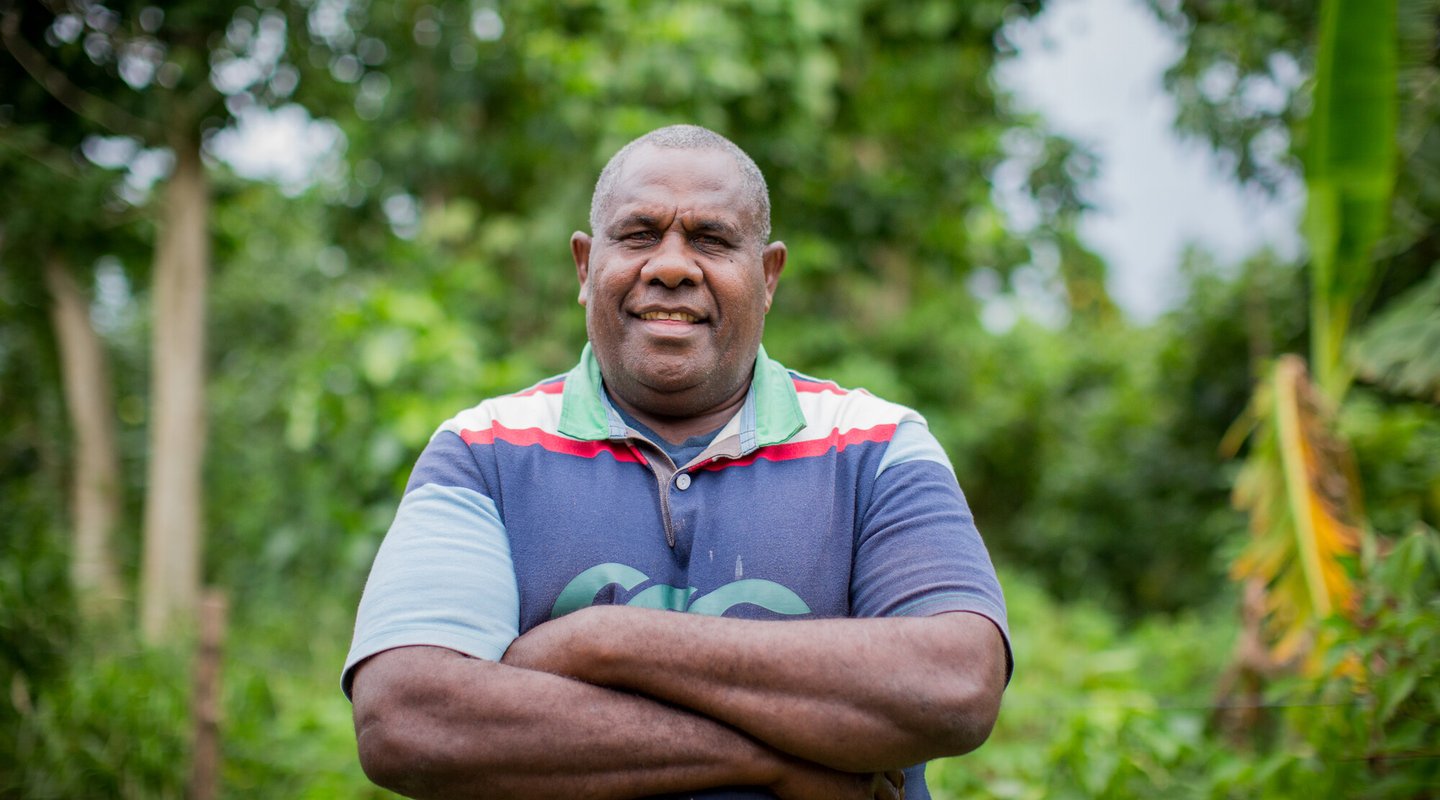A fairer world
To us, a fairer world means equal job opportunities, decent education, having enough money to get by, and more.
It means freedom from injustice. It means power is shared fairly – so everybody has what they need to thrive, not just survive. A world where everyone matters equally. It's something we’ve been saying since 1942.
How Oxfam are tackling poverty and inequality
Vantha works in her greenhouse in Sambo District, Cambodia. Photo: Patrick Moran/ Oxfam
Last rainy season there was a lot of rain and not enough vegetables planted due to lack of power supply. But when we got the greenhouse, it became much easier. Now I grow rice and vegetables. The income we make from vegetables is good, I will have a good life.”
Vantha, together with Oxfam partner Northeastern Rural Development Organization (NRD) has set up a greenhouse with her family, growing crops they can sell. They now also have a new water system in the greenhouse, which means they can grow crops all year round.
“Being an unpaid carer, I felt that my caring story wasn't visible. Oxfam's help has enabled my voice, and the voices of carers' communities to be amplified to decision makers.”
Katy, a carer in the UK. Katy has cared for her husband since 2014.
How your donations have supported people living in poverty

Since we worked with the communities, we have registered every person with disabilities to the office, so the office knows the exact number of people with disabilities in every area.”
George, Vanuatu Society for People with Disabilities (VSPD)
The challenges are, people with disabilities living in remote areas don’t have the opportunity to go to a hospital, or the children to go to school, so it’s hard.”
George, Vanuatu Society for People with Disabilities (VSPD)
My aim, and the hope I have, is to make sure every child in my community goes to school.”
George, Vanuatu Society for People with Disabilities (VSPD)
I want to see that every person with disability has a home, a good place to sleep, a proper toilet and a proper place to wash their hands.”
George, Vanuatu Society for People with Disabilities (VSPD)